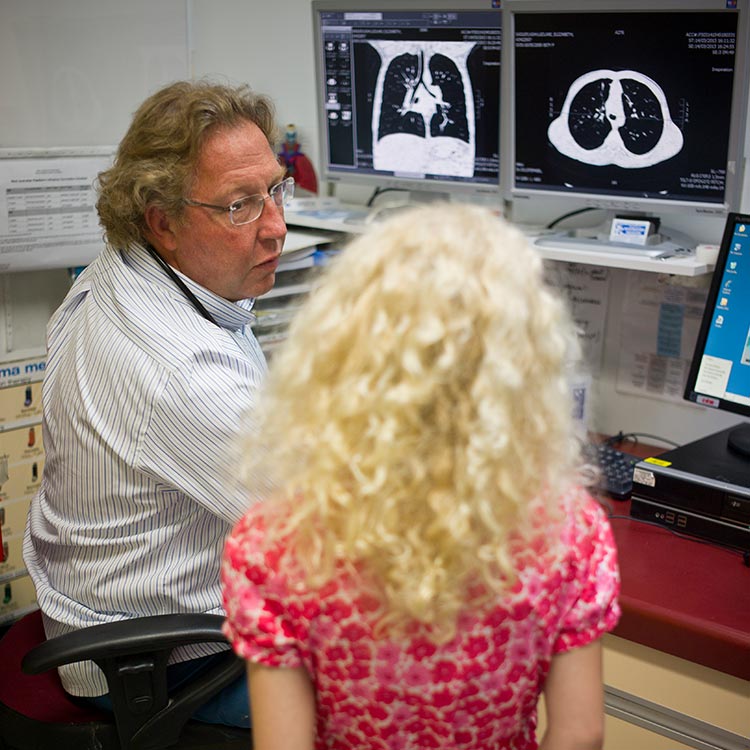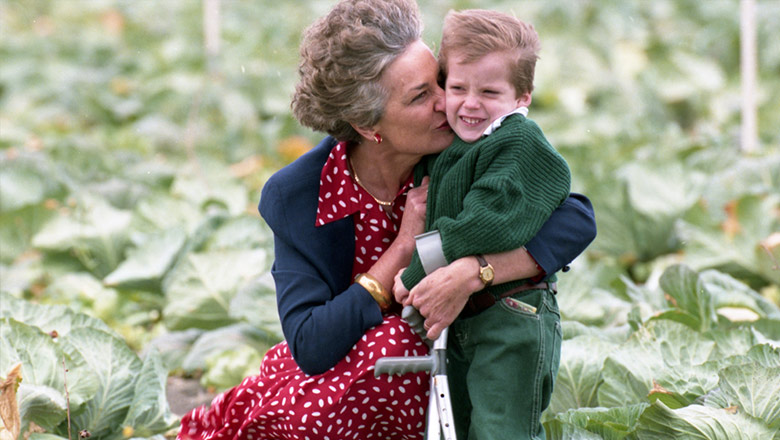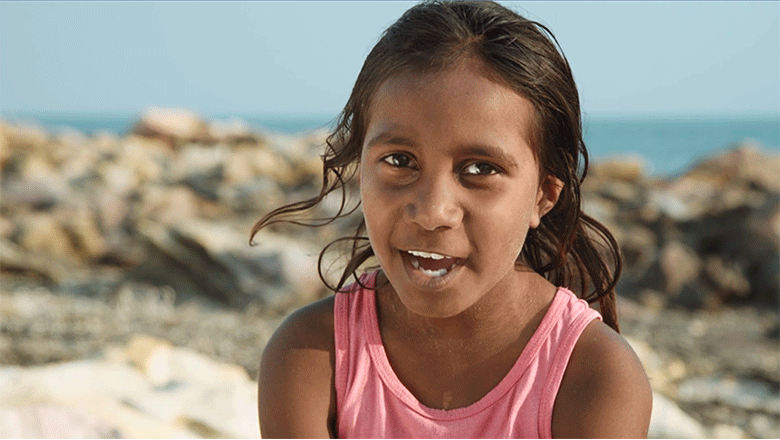Search

News & Events
Meet Embrace's new Co-DirectorEmbrace has appointed Professor of Clinical Psychology Jeneva Ohan as its new Co-Director alongside Professor Helen Milroy AM.

News & Events
Game aims to alleviate depression for trans youthA digital game adapted by researchers is set to deliver engaging, accessible help to prevent depression for trans and gender diverse young people.

Research Theme
Wellbeing and Mental HealthOur Wellbeing and Mental Health research focuses on improving the emotional and psychological health of children. We develop evidence-based interventions and strategies to promote resilience, prevent mental health challenges, and help kids thrive.

News & Events
Emerging researcher tops up clinician training gapA top-up scholarship for PhD candidate Katherine Murfitt is set to address a “significant gap” in training for psychologists.

News & Events
New research into multiple sclerosis & vitamin DResearchers at Perth's The Kids Research Institute Australia have begun a study that could provide new insights into the role of vitamin D in the risk of multiple sclerosis (

News & Events
Treat early to protect lungsEarly intervention is being touted as the key to preventing lung damage in children with cystic fibrosis.

News & Events
That goosebump momentThe Kids successfully pushed for the mandatory fortification of flour in Aus with the vitamin folic acid for the primary prevention of neural tube defects

News & Events
Video: Top 10 tips to healthy happy kidsPaediatrician and Director of The Kids Research Institute Australia, Professor Jonathan Carapetis, shares his top 10 tips for health happy kids.

News & Events
RHD a notifiable conditionWestern Australian doctors are now required by law to report all cases of rheumatic heart disease.

News & Events
Are you interested in cystic fibrosis research?We are looking for 6 new members to join our Child and Adolescent Cystic Fibrosis Consumer Reference Group of WA
